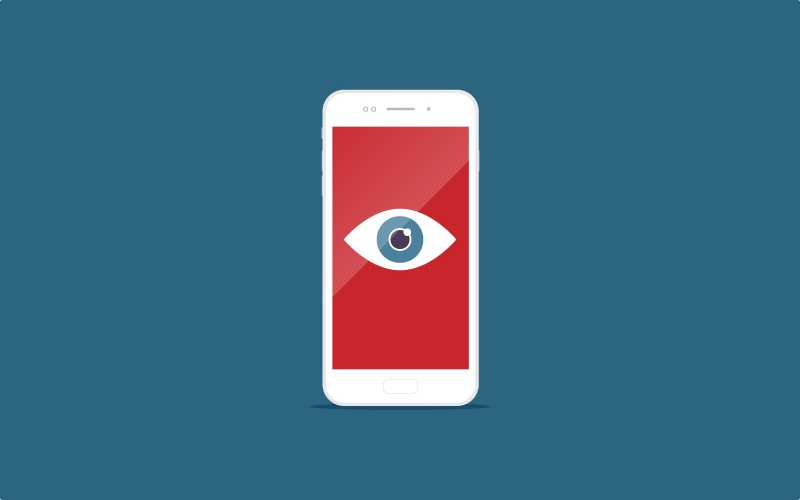Stalkerware Usage Increased by 51% During Quarantine
According to analysts at Avast, the use of stalkerware—spyware often installed without a user’s knowledge—rose by 51% worldwide from March to June 2020 compared to January-February 2020. In Russia alone, Avast protected over 1,094 users from stalkerware since March 2020.
Stalkerware refers to commercial spyware marketed as legal software. It allows someone to access personal data stored on another person’s smartphone or tablet. Such software can intercept emails, text messages, messenger chats, listen to phone calls, and make secret recordings of conversations.
Stalkerware often disguises itself as parental control apps, employee monitoring tools, or even remote access utilities for businesses. Typically, it is used for covert surveillance, including by perpetrators of domestic violence, and poses serious risks to those whose devices are infected.
Link Between Stalkerware and Domestic Violence
The Avast Threat Labs team noted a rise in this online threat alongside an increase in domestic violence during quarantine. For example, the director of the “Anna” crisis center in Russia reported a 25% increase in calls from domestic violence victims in March. In May 2020, calls to the national women’s helpline in Russia rose by 74% compared to February. UN Women’s Executive Director Phumzile Mlambo-Ngcuka even called this a “shadow pandemic” of the coronavirus crisis.
“Stalkerware is a growing category of malware with disturbing, dangerous consequences,” said Jaya Baloo, Chief Information Security Officer at Avast. “While spyware and info-stealers aim to steal personal data, stalkerware steals a victim’s freedom, both physically and online. These programs are often secretly installed by jealous spouses, ex-partners, concerned parents, or even friends. Stalkerware tracks a victim’s physical location, websites visited, messages, and phone calls, undermining their right to freedom and privacy. We’ve seen reports of increased domestic violence worldwide during quarantine, and we’re seeing a similar trend in the digital world.”
Avast also discovered several COVID-19-themed stalkerware apps designed to spy on users, collecting more information than necessary for their stated functions.
Global Impact and Statistics
The increase in spyware since March 2020 is not limited to Russia. Avast protected over 43,000 users worldwide from such threats. In the United States, 3,531 users were targeted, 1,648 in France, and 3,048 in Brazil.
Avast experts warn: “If your relationship is deteriorating or you fear it might, you are at high risk of having spyware installed on your smartphone. In such cases, even innocent communication or meetings with friends can trigger physical violence. If you try to remove the spyware, your partner may be notified. If your relationship has reached this stage, we strongly recommend seeking help from organizations like Safe Escape. In Russia, for example, there are crisis centers such as ‘Anna,’ ‘Kitezh,’ ‘Verba,’ and many others.”
Google Bans Stalkerware Ads
This week, Google announced that an update to its Google Ads policy will ban advertising for spyware and stalkerware that can be used to track others without their consent, effective August 11, 2020.
Advertisers will no longer be able to promote the following through Google Ads:
- Spyware and surveillance technology for tracking partners, including stalkerware/malware that can monitor text messages, phone calls, and browser history
- GPS trackers intended for spying on someone without their explicit consent
- Surveillance equipment (cameras, audio recorders, dash cams, baby monitors) designed for spying
The ban does not apply to products intended for parents to monitor or control their underage children.



